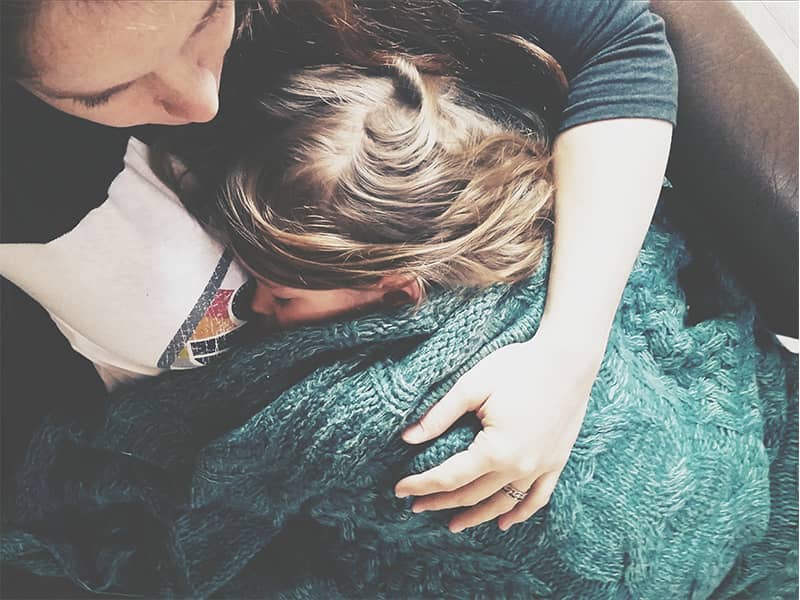Babies are the most honest of human beings, communicating their needs, wants, and emotions directly through crying, laughing, or cooing. By age two, however, toddlers may naturally turn to oppositional statements, like "Not sleepy!" or "Not wet!" (though clearly the opposite is true). These aren't lies per se, but ways for kids to control their world and assert their will.
What Can Parents Do?
What's the Goal? To teach your child the basic difference between truth and falsehood.
A preschooler's lies tend to be expressions of deep wishes or a lack of clarity on the difference between fantasy and reality. Statements such as "I color better than anyone else in my class," and "I've been on an airplane 25 times" convey sentiments that children badly want to be real.
Blatant lying to escape blame ("I didn't spill the milk") is an outgrowth of typical preschool-age thinking that "you are what you do." The child doesn't want to think of herself as bad, so she denies having done a bad thing. But by this age, children know lying is wrong.
What Can Parents Do?
What's the Goal? To have your child understand that you will love him even if he does something bad, and that you value telling the truth above all.
Children this age typically do not have an internal sense of honesty. They generally tell the truth because their parents say lying is wrong . At this age, children exaggerate to feel superior ("My father makes more money than yours") or to avoid punishment. On the playing field, kids may unfairly add points to their game or falsely protest, "That ball crossed the line -- it's out of bounds!"--signs that they're not developmentally ready to handle losing.
What Can Parents Do?
By this point, children recognize truthfulness as a moral standard..
Classmates and teammates expect honesty from one another, and children
who are caught in a lie ("You did so take Scott's water bottle--we saw
you!") can face ridicule and contempt from their friends.
At this age, children are sometimes urged by their parents to tell a "white lie" --for example, to tell Aunt Ruth they like the sweater even if they didn't. Such demands indicate that complete honesty can sometimes be hurtful.
What Can Parents Do?
What's the Goal? To develop a more sophisticated understanding of honesty, which distinguishes between dangerous lying (cheating on a test) and hurtful truth-telling ("Your haircut is ugly!").
In the preteen years, peers gain in importance and influence. Seeing
other kids who lie or cheat and get away with it, a child may question
the need to maintain a high standard of honesty. He may also agonize
over whether to "tell" on cheating classmates. If a child who has
internalized honesty does tell a lie, she may feel tremendous
guilt--until she confesses.
What Can Parents Do?
What's the Goal? To solidify an internal sense of honesty, which will work to override temptations from peers to cheat or lie.
Teenagers' ability to consider issues and events from multiple
viewpoints helps them recognize how destructive dishonesty can be. They
are aware, for example, that cheating on a test means betraying the
teacher's trust and defrauding the other test-takers, as well as failing
themselves.
Nevertheless, a teenager's drive for honesty may be compromised by her need for peer approval. Shoplifting is a big problem largely because kids this age feel pressured to do whatever their friends are doing, even if they know it's wrong.
What Can Parents Do?
What's the Goal? To reinforce earlier lessons about honesty and emphasize how adults follow the dictates of their conscience in everyday life.

